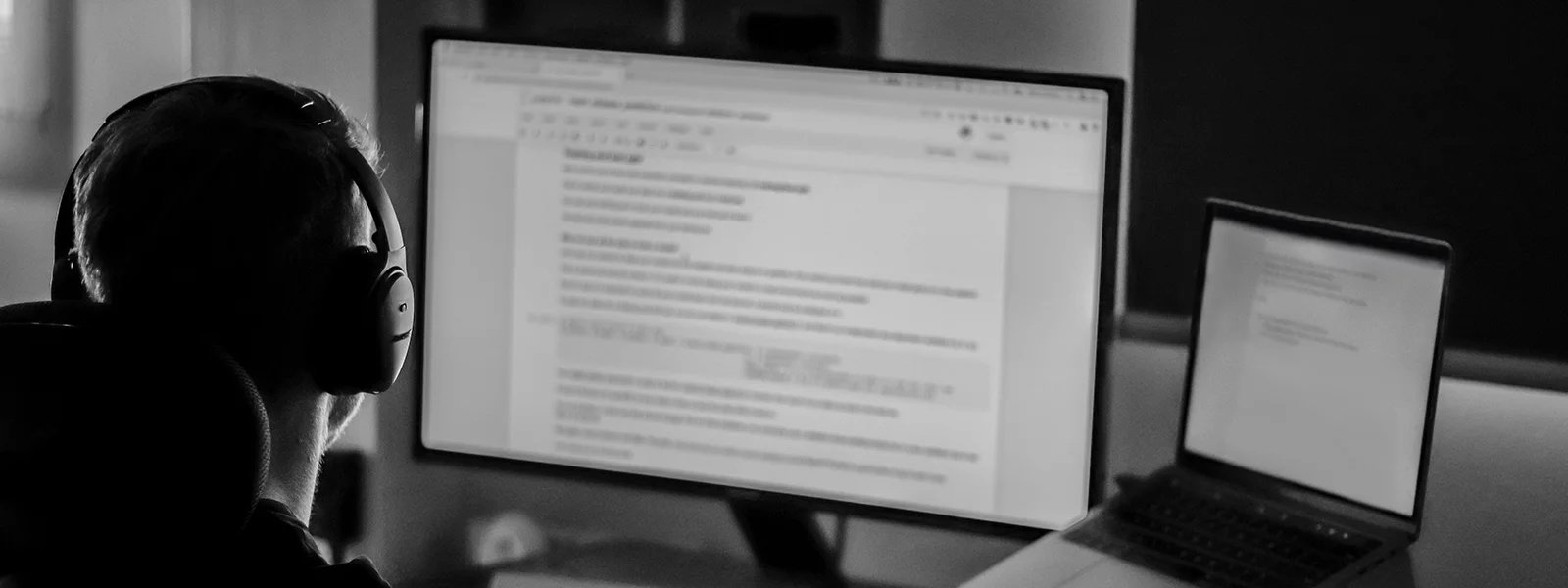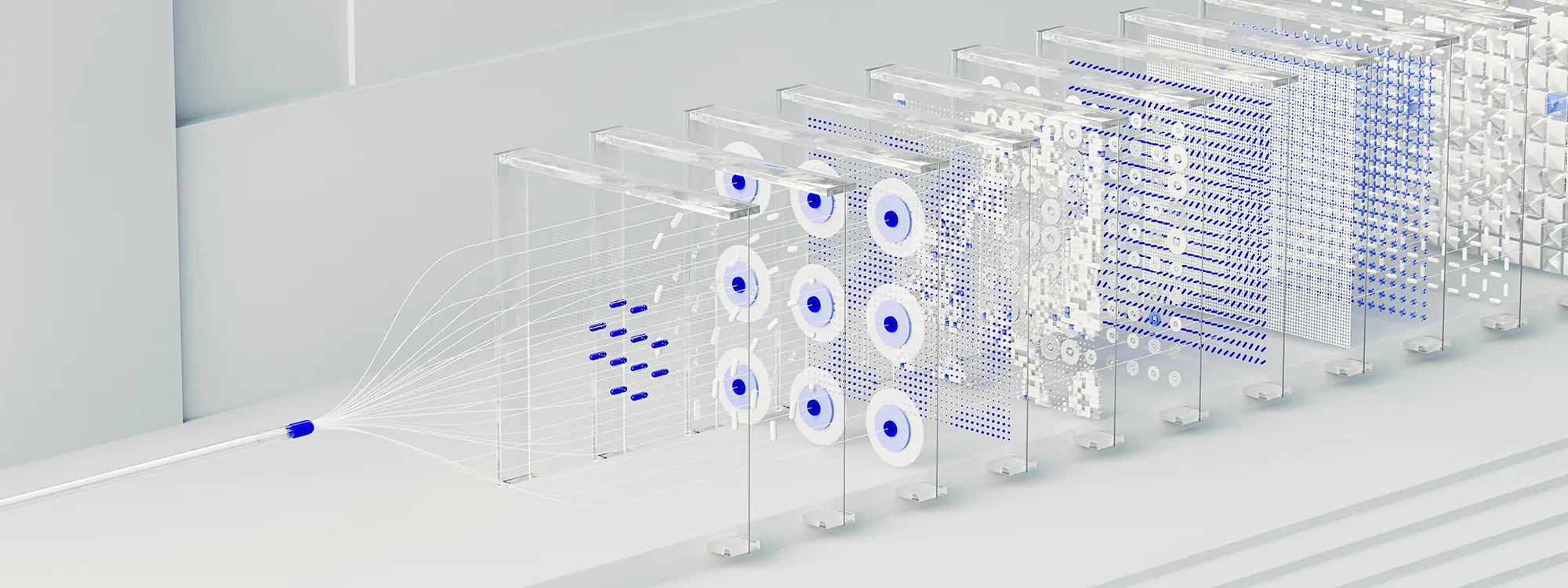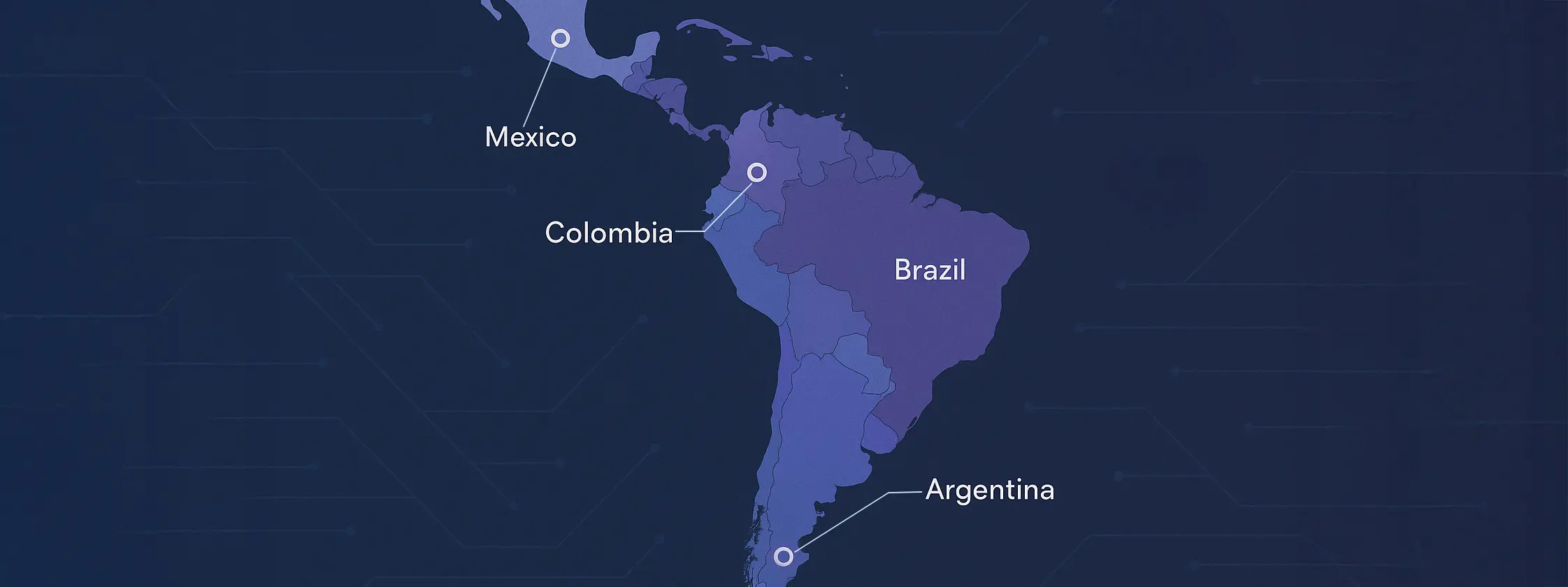
Hiring remote developers is not a daunting task; in fact, in today’s world, you have plenty of options on where to find them. Perhaps here ;)
But still, there are a few red and green flags you need to look out for before making your decision. We’ve learned to look out for these flags at ideaware since we’ve been hiring remote developers for 13+ years.
Skillset and experience are not the only factors to consider, we strongly recommend you look out for these as well:
Timezone
Is the person you are considering close (in time) to you? Consider hiring people with 4 or less hours difference from your own time zone, this way you have a big overlap during both of your workdays. Unless of course, you purposely need to cover more hours of the day for a business need.
Culture
How similar is the culture between the place where the person you are hiring is located to your own? Work culture, discipline and inter-personal relations vary from place to place. Ensuring similar culture is key to proper remote collaboration.
Work environment
Keep an eye out for the candidates work environment, you will probably have more than one interview with the candidate, look out for their space behind them. Is it private? Is there a lot of noise or interruptions? Is there people, pets, etc walking around behind them all the time? It is hard to focus in a busy or loud environment. A private, quiet workplace is key.
Skill validation
This one is a no brainer and you probably know how to do it (or someone from your team) - but validate the candidate’s skills early. My preference is to go beyond their resume and code samples but to ask questions and do a real time coding test, just don’t overcomplicated as us developers don’t have everything memorized. But do make sure whatever you ask them to do is very relevant to your own business solution.
References
Please check for references anytime you can. Talk to common relationships you may have and ex-employers, even if just an email. You’ll learn very quickly how he or she is at work and this can help validate their skills too. Red flags 🚩 may rise as well, keep those in mind.
Communication skills
First thing to look out for, is language. Do they speak English fluently? Can they have a conversation at a fast pace? But it doesn’t stop there. Working remotely we must over-communicate, not only verbally but using Slack or Teams. Since you’re not going to be face-to-face or run across each other in a hallway, opt for people who like to speak and ask a lot of questions. The quiet ones during an interview will be (most of the time) the quiet and non-available ones on Slack.
Tools
Again, a no brainer. Are they familiar with the tools you use on a daily basis? I’m talking communication tools, project management, meetings, etc. Familiarity with them will avoid headaches during onboarding and daily work. You don’t want to teach how to use all of your tools from scratch while you are onboarding them to your project as well.
Daily habits
Ask about work and daily habits. What does their daily routine look like? Where do they like to work from? Do they take breaks during the day? Take care of personal things? Learning how someone’s structures their day will help you understand them more and learn about their availability. Some roles are more goal-driven and thus flexible, but others you require immediate availability during working hours.
And there you have it folks, these are the top things I personally look out for when doing remote interviews, remember it is not only about the skills & experience, it is also about how well the person fits into your company culture.
This is the way.
Join 2000+ Founders and Developers crushing their businesses and careers with monthly advice. You can also follow us on LinkedIn , Twitter & Instagram!


